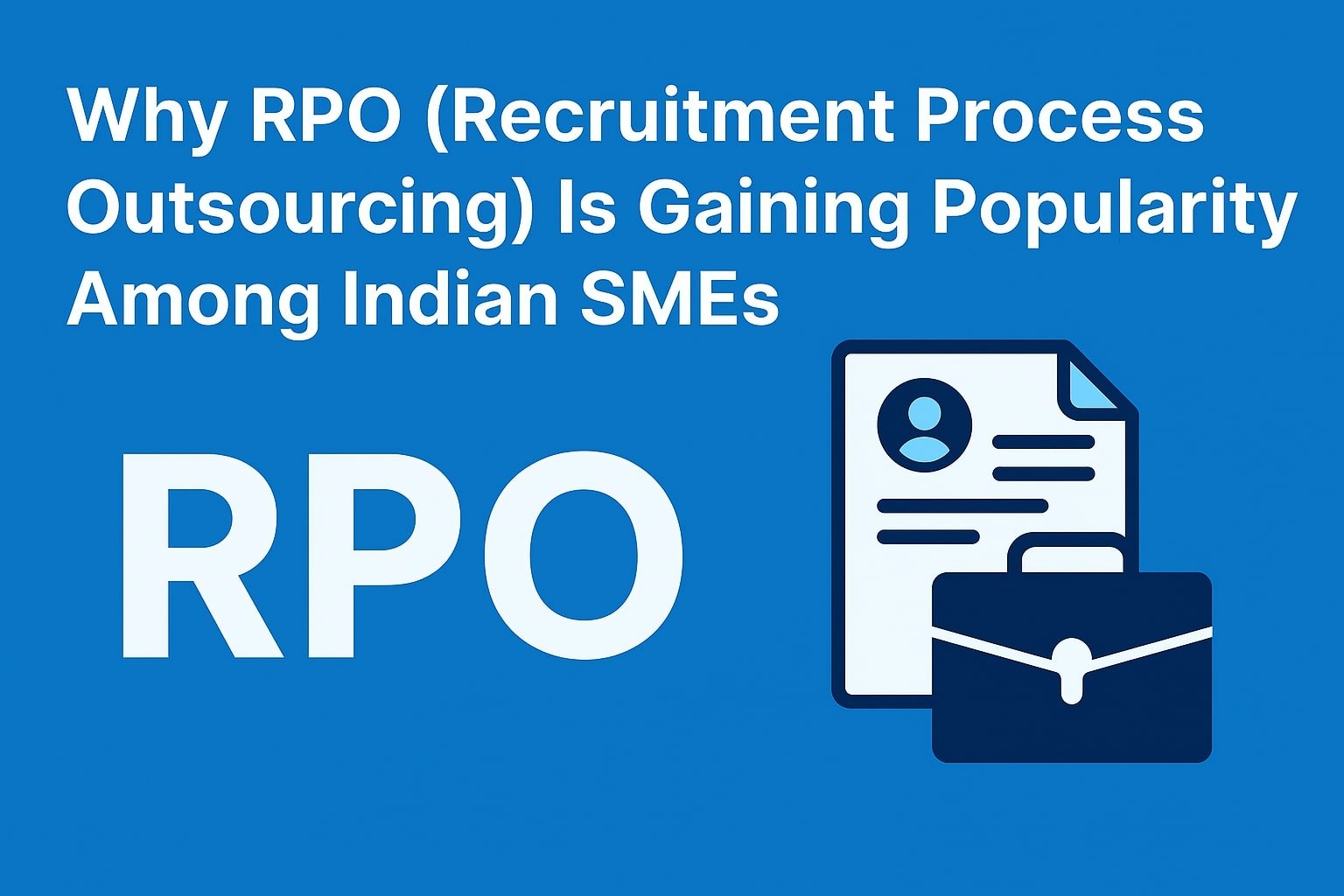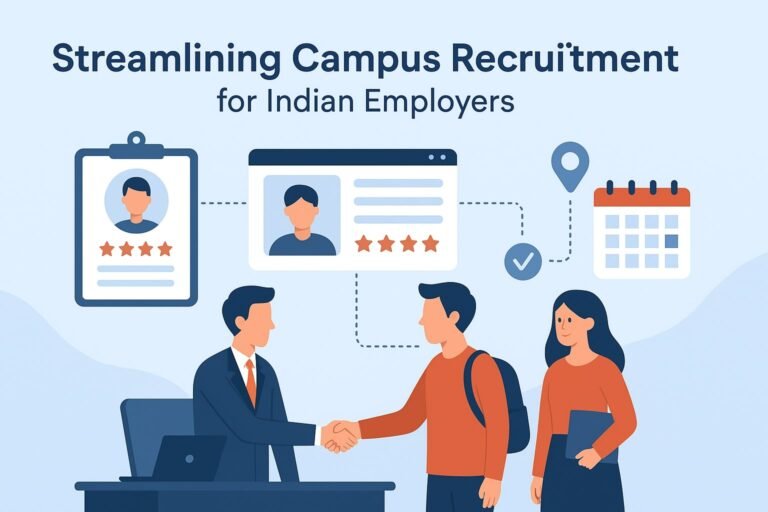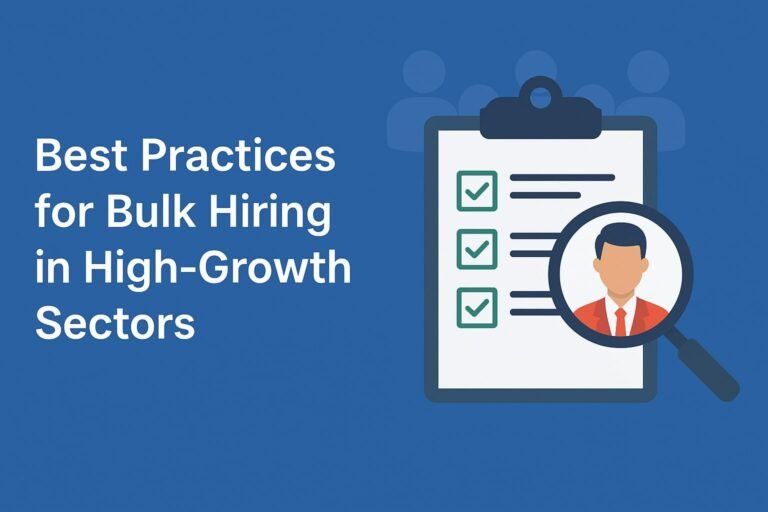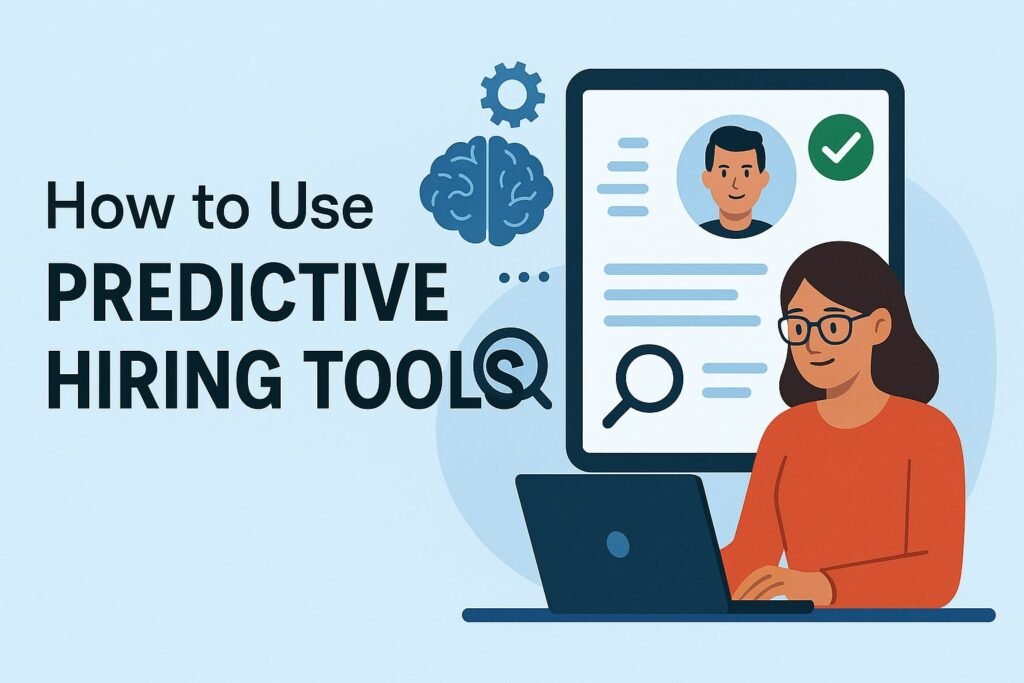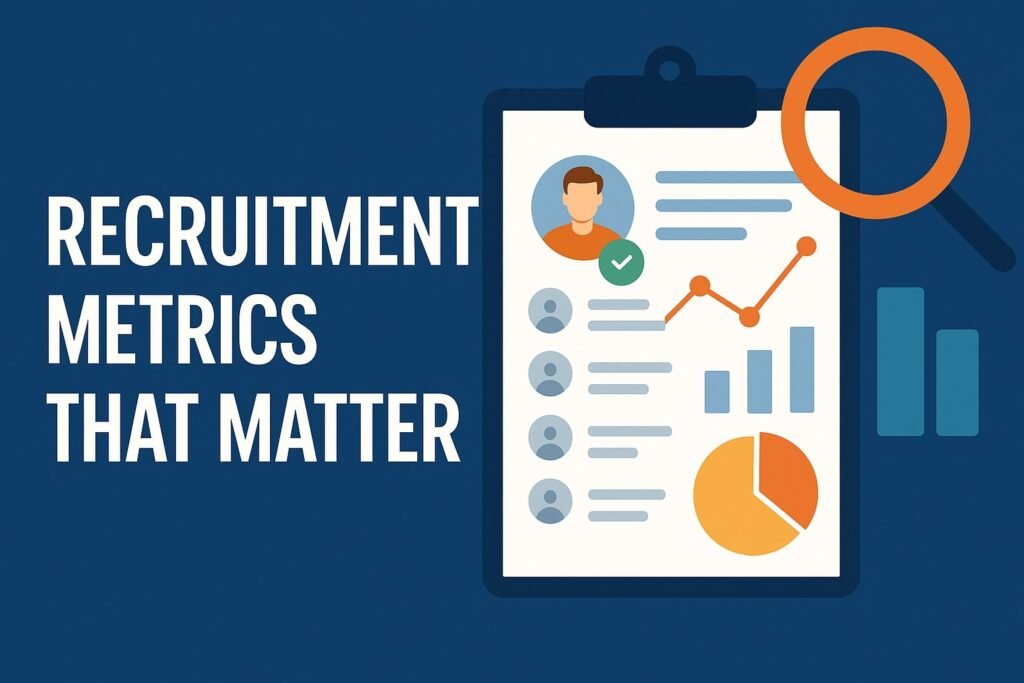Why RPO (Recruitment Process Outsourcing) Is Gaining Popularity Among Indian SMEs
Introduction
Small and medium-sized enterprises (SMEs) in India are facing stiff competition for top talent, limited internal HR capacity, and ever-changing workforce demands. To solve these challenges, more Indian SMEs are turning to Recruitment Process Outsourcing (RPO) — a strategic partnership model where external recruitment experts manage all or part of the hiring process. Here’s why RPO is quickly becoming the go-to solution for India’s growing businesses.
What is Recruitment Process Outsourcing (RPO)?
RPO means transferring all or part of your recruitment functions to a specialized external partner. The RPO provider acts as an extension of your HR team, bringing in processes, technology, and expertise to manage everything from job posting to onboarding.
Top Reasons Indian SMEs Prefer RPO
1. Cost Savings
Building an in-house recruitment team is expensive. With RPO, SMEs can avoid costs for recruiter salaries, training, job boards, and technology subscriptions, while gaining predictable pricing and lower cost-per-hire.
2. Faster Time-to-Hire
RPO partners have established talent pipelines, screening tools, and candidate databases, which dramatically accelerate the hiring process. Faster hiring reduces vacancy-related productivity losses.
3. Access to Expertise and Technology
RPO providers bring advanced recruiting technologies, market intelligence, and domain-specific expertise that small internal teams often lack. This levels the playing field for SMEs competing against large enterprises.
4. Improved Candidate Experience
A professional, consistent, and high-touch candidate experience is easier to deliver with RPO. From application to onboarding, RPO partners streamline communications and ensure positive interactions with your employer brand.
5. Scalability and Flexibility
Business growth isn’t always predictable. RPO offers the flexibility to ramp recruitment up or down based on hiring spikes, seasonal needs, or special projects, without having to maintain a large internal HR team year-round.
6. Better Quality of Hire
With specialized sourcing techniques, structured assessment processes, and performance metrics, RPO providers consistently deliver better-fit candidates who are more likely to stay and succeed.
How Does RPO Work in Practice?
A typical RPO engagement involves:
- Workforce planning and forecasting
- Sourcing, screening, and shortlisting
- Interview coordination
- Offer negotiation
- Pre-joining checks and onboarding
- Metrics and performance reporting
All of this is managed by the RPO partner under agreed service-level agreements (SLAs).
RPO vs. Traditional Recruitment Agencies
While traditional agencies usually work on contingency with success fees, RPO is a strategic partnership with end-to-end accountability, dedicated recruiters, and consistent processes aligned with your company culture.
Is RPO Right for Your SME?
Consider RPO if you:
- Have aggressive growth goals
- Struggle to hire fast enough
- Lack in-house recruitment expertise
- Want predictable recruitment costs
- Need to scale hiring flexibly
How Valorega TalentEdge Supports Indian SMEs with RPO
At Valorega TalentEdge, we help Indian SMEs build sustainable, high-quality recruitment pipelines through flexible, transparent RPO solutions. Our experienced recruiters, advanced technology stack, and local market insights ensure you attract, engage, and hire the right people, faster and more affordably.

